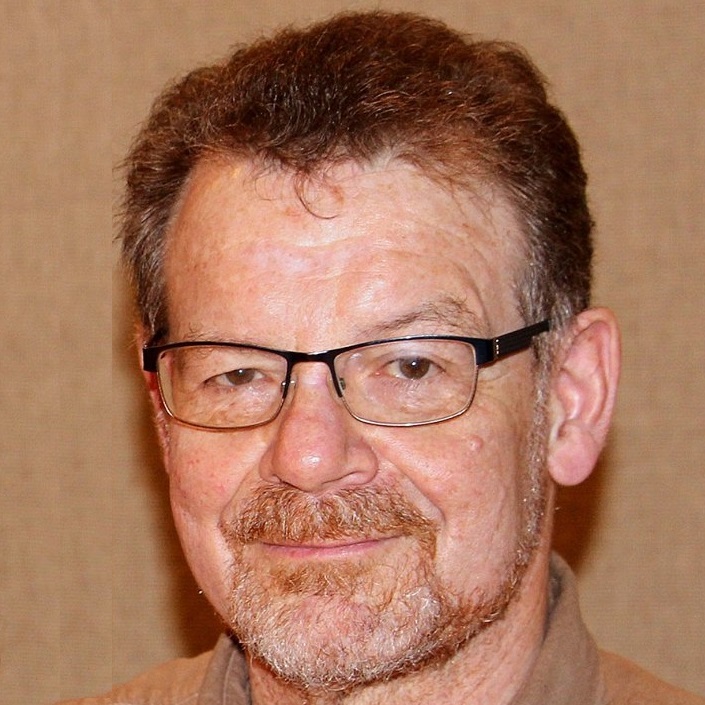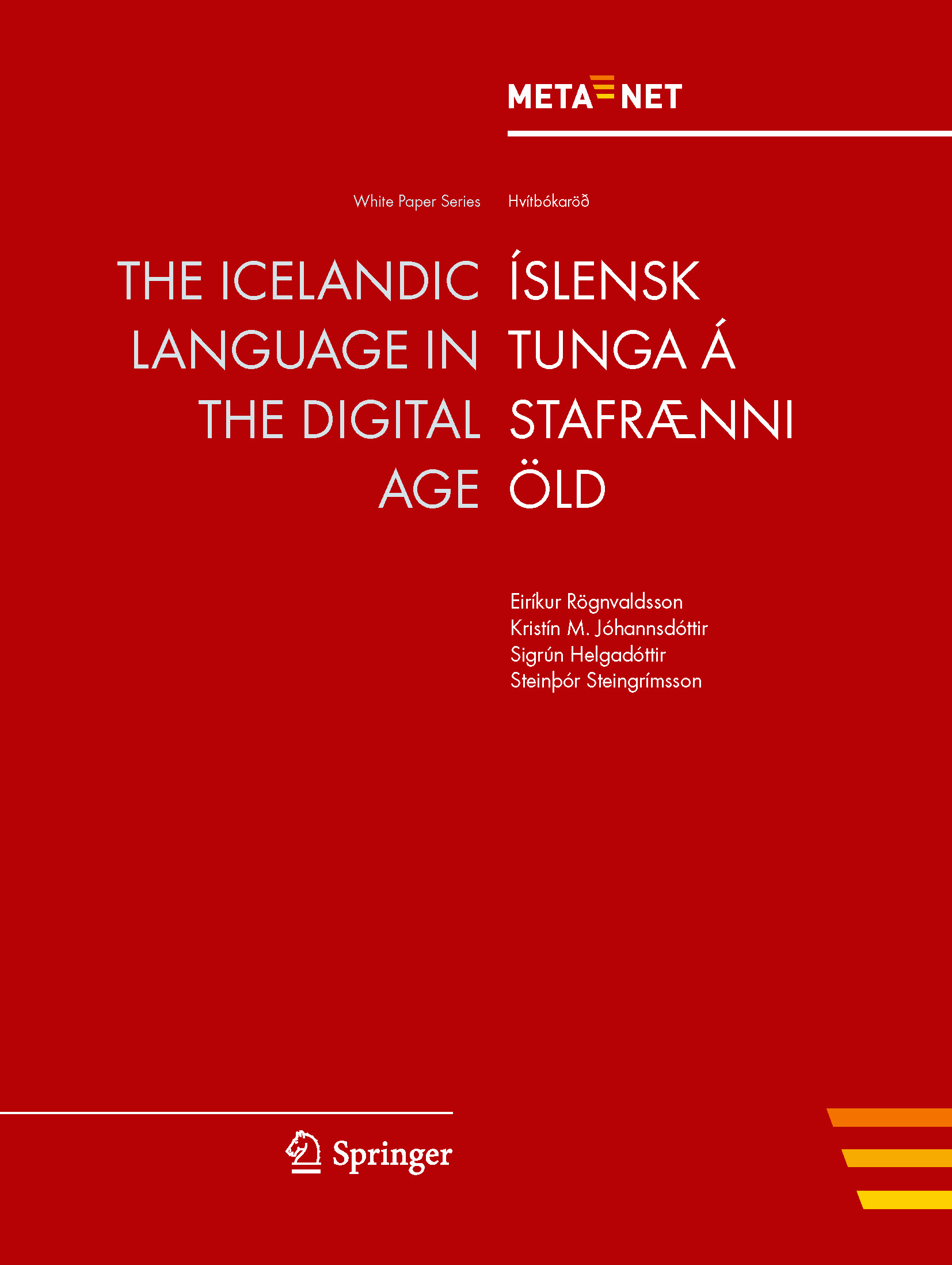The Languages of Iceland
Icelandic is the official language of Iceland (together with Icelandic Sign Language) and is spoken by approximately 360,000 speakers (as of 2020) in Iceland but also by a number of Icelanders living abroad, especially in other Nordic countries and the US. The increasing amount of immigrants in Iceland results in an increasing amount of speakers, who learn Icelandic as a second language. Icelandic has very little dialectal variations, mostly limited to pronunciation. The syntactic and morphological system has remained quite stable for the last thousand years. Icelandic is a Northern Germanic language and belongs to the branch Insular Scandinavian languages along with Faroese.
Features of Icelandic:
- A complex system of inflection allows the speaker to choose a relatively free order of words. However, the syntax obeys a strict Verb Second rule, which means that the finite verb is always the first or second constituent of a sentence.
- The subject of a sentence is usually in the nominative, but can also be dative, accusative or rarely genitive.
- Icelandic has many productive word formation processes like derivation and compounding. As a result, many new words are based on native words.
NCC Lead Iceland
Prof. Eiríkur Rögnvaldsson is Professor Emeritus of Icelandic Language and Linguistics at the University of Iceland and the Árni Magnússon Institute for Icelandic Studies. As a professor, he taught a great number of graduate and undergraduate courses in various linguistic subjects and was active in the developing new teaching materials and methods. He conducted research on syntax, corpus linguistics, language technology, language variation, language contact and language change. Eiríkur Rögnvaldsson is the CLARIN National Coordinator for Iceland and has participated in many externally funded LT projects and networks. He leads the project Icelandic language resources and is national anchor point of Iceland in the European Language Resource Coordination. Because of his significant influence on the national linguistic development, he was awarded "The Order of the Falcon" by the President of Iceland 2017, and the “Jónas Hallgrímsson Prize” by the Minister of Education, Science and Culture in 2018. He has (co-)authored over 200 publications from textbooks to conference proceedings.

Current National Initiatives
- The government decided to implement and fund a five-year project plan for Icelandic LT, starting in late 2019. The funding is partly from the government and partly from some companies. All resources and tools that will be developed with government money will be open and free, and available from the Icelandic CLARIN repository. The challenge is to raise the interest of companies in developing and using LT tools and services.
Wikipedia contributors. (2020, June 8). Icelandic language. In Wikipedia, The Free Encyclopedia. Retrieved 17:00, June 11, 2020, from https://en.wikipedia.org/wiki/Icelandic_language.
Events
| 2021 | |||
|---|---|---|---|
| LT Industry Conference: Iceland |
Conference (online) | Reykjavik, Iceland | May 18 |
META-NET White Paper on Icelandic
Eiríkur Rögnvaldsson, Kristín M. Jóhannsdóttir, Sigrún Helgadóttir, and Steinþór Steingrímsson. Íslensk tunga á stafrænni öld - The Icelandic Language in the Digital Age. META-NET White Paper Series: Europe's Languages in the Digital Age. Springer, Heidelberg, New York, Dordrecht, London, 9 2012. Georg Rehm and Hans Uszkoreit (series editors).
Full text of this META-NET White Paper (PDF)
Additional information on this META-NET White Paper
Availability of Tools and Resources for Icelandic (as of 2012)
The following table illustrates the support of the Icelandic language through speech technologies, machine translation, text analytics and language resources.
| Speech technologies | Excellent
support |
Good
support |
Moderate
support |
Fragmentary
support |
Weak/no
support |
|---|---|---|---|---|---|
| Machine translation | Excellent
support |
Good
support |
Moderate
support |
Fragmentary
support |
Weak/no
support |
| Text analytics | Excellent
support |
Good
support |
Moderate
support |
Fragmentary
support |
Weak/no
support |
| Language resources | Excellent
support |
Good
support |
Moderate
support |
Fragmentary
support |
Weak/no
support |
